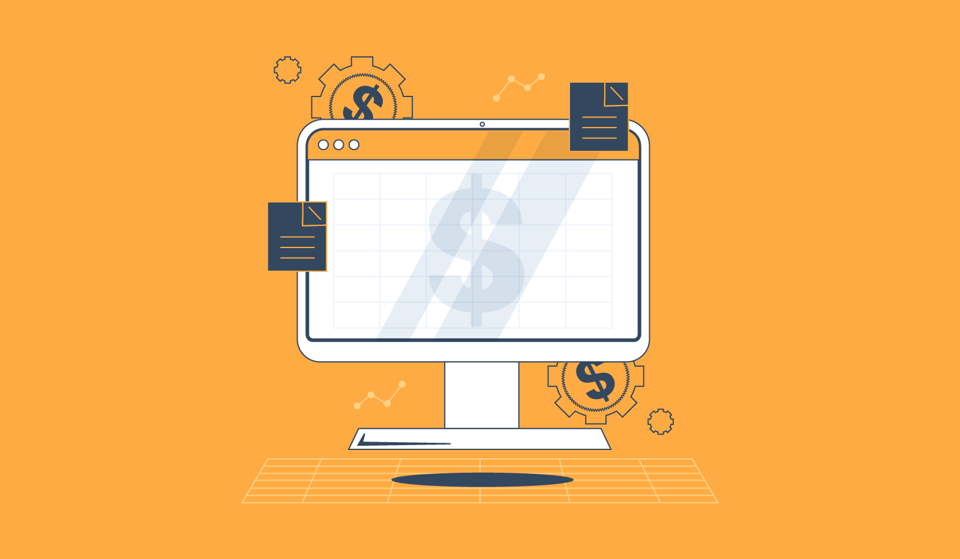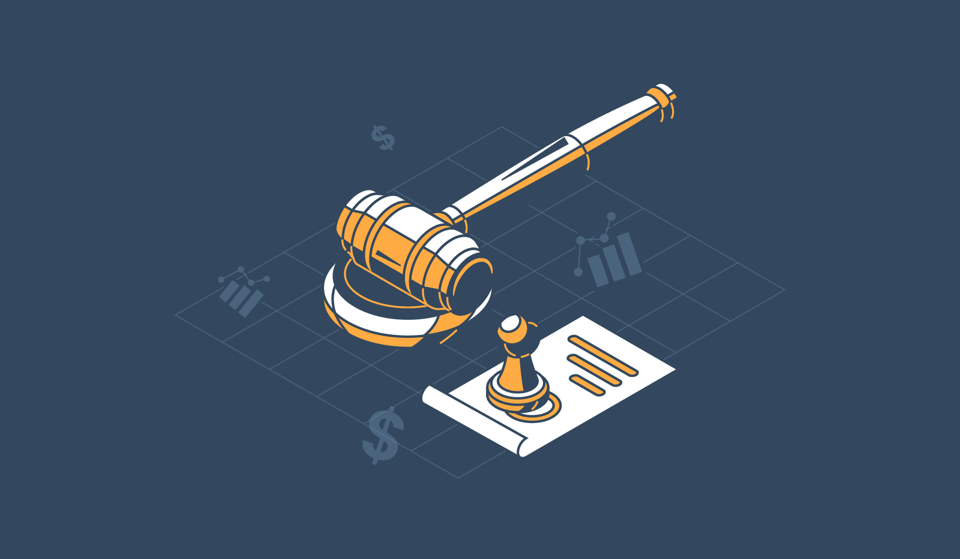What is accounting software?
First and foremost, what is accounting software? If you aren't using it already, it's time to get a crash course. Accounting software is computer software designed to help businesses and their accountants record and keep track of their financials.
Software does the heavy lifting that you would traditionally do by hand in a transaction journal. By letting a program do important calculations instead, you make life easier, generate reports faster, and streamline analysis courtesy of automation.
Imagine if you needed to access receipts, invoices, or reports from months or even years ago. Accounting software stores large amounts of data—on-site or in the cloud—in an organized digital environment that won't leave you scouring your filing cabinets. That makes collecting details for audits easier and even reduces the physical space your business needs.
And it doesn't matter the size of your business or your needs either. There's a fit for everyone. At Ignite Spot, we put our trust in Intuit QuickBooks, but other platforms could be the ticket for you, such as:
-
Microsoft Dynamics 365
-
Oracle Fusion Cloud Financials
-
FreshBooks
-
Xero
-
And more!
How can you optimize your accounting software?
But if you're already using software, there are several ways to make it work better for you. These five should get you started:
1. Charts of Accounts
One of the easiest things you can do to supercharge your accounting software is to get it organized—starting with your charts of accounts. To do this, maintain a system for managing all transactions in separate charts of accounts for:
-
Assets
-
Liabilities
-
Equity
-
Income
-
Expenses
Example: Put together processes for recording employee expenses and/or receipts and recording reimbursements. This could include managing business credit cards and/or expense reporting.
When you split your charts of accounts in this way, your accounting software categorizes transactions based on what each activity pertains to, making them easier to reference and understand later.
2. Accounts Payable Management
Your business also needs to get its ducks in a row and establish a system for tracking bills and accounts payable. Luckily, accounting software comes in handy here, allowing you to go so far as to refer to your accounts payable aging report to avoid past due bills. When you take this approach to accounts payable management, your software helps to both maintain your reputation and avoid late fees. Besides, it always helps to pay your bills early—sometimes you'll get a discount for doing so!
3. Accounts Receivable Management
Incoming cash keeps your business going, so you need to make sure it keeps flowing the way it ought to. Your accounting software can organize both invoices and payments to your business so that you remain profitable. At a basic level, use your system to generate and promptly invoice customers.
You can also dig a little deeper. Dive into your software to create procedures for evaluating customer credit. In doing so, you can track any payments your company has received and begin collecting on past due balances. Just like accounts payable, your accounts receivable should have an aging report, which identifies who still owes you money. But double-check everything! If a customer has open balances, verify that their payment is still due and that it hasn't simply been applied incorrectly in your records.
4. Financial Reports
Need to get a grasp on your reporting? "There's an app for that." Or, at least, an advanced software platform. Use your accounting software to accurately record business expenses and revenue so you can quickly generate financial reports.
A few best practices to keep in mind for your reporting processes:
-
Review income and balance sheets monthly and quarterly.
-
Take stock of your fiscal year via annual financial reports.
5. Bank Account Reconciliation
So what about business banking? Everything is connected—literally. You can sync your bank details to track cleared transactions and let your accounting software reconcile the rest.
To do this, just match the balance from the platform to your bank statement. Something not adding up? Tinker with the settings to find the culprit. You can spot discrepancies easily by filtering by date range and find errors faster. With this tech-savvy and proactive approach, not only can you find red flags, but you also get ample time to course correct and identify fraud.
Pair outsourced accounting with next-level software to supercharge your finances.
Accounting is hard. There, we said it. With money flowing in and out of your business, it's hard to keep up. But accounting software can help you manage everything from charts of accounts to financial reporting, saving valuable time and money along the way.
If you're going at it alone, take the time to get organized inside your accounting software. But for more complex financial management, accounting services can leverage your platforms to their fullest and deliver the benefits of niche expertise. Download our e-book to see our approach, and get in touch to discuss taking your accounting to the next level.













.png)


